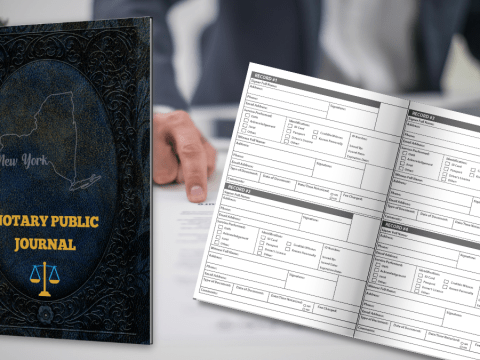If you are thinking about if and how to become a Notary Public, then some of their history may interest you. They first became prominent at the height of the Roman Empire. Then known as scribae (“scribes”), they were chosen by the Pope. After the Reformation in the 16th Century, that power transferred to the king, who passed it to the Archbishop of Canterbury. During those years notaries were well learned people, versed in foreign languages, as well as the principles and practices of law.
If you are looking to become a notary public in the U.S. today, your role would be to serve as witness to the signing of documents and an administrator of oaths. It is a business opportunity open to anyone, and does not require special training or experience.
It is also a relatively easy position to secure, in most cases only requiring the candidate to pass a short test and undergo a background check. With this in mind, the rights and privileges accorded to a notary public do not extend beyond the basic duties of an impartial witness.
NOTE: That means they are not permitted to give any form of legal counsel, prepare legal documents or otherwise practice law. Be sure you understand that difference as to b able to offer those services takes considerable training.
How To Get Started
Interested? So how do you get started? There are three basic steps to follow:
First, check the requirements for your state and then fill out an application, providing your name, address and other contact info. You will also answer questions regarding age, residency and any previous notary commissions held.
Second, applicants are next required to pay a fee to the commissioning authority.
Finally, applicants must take an oath of office, which may be incorporated into the application or filed with a county clerk.
[wpb-product-slider-shortcode id=”1558″]
Follow this link to see more details of our US State themed Notary Public Journals.
There are other possible steps that may include taking an educational course, passing a test or obtaining a notary bond. These requirements vary from state to state, therefore applicants are encouraged to consult their local official or contact the National Notary Association or the American Society of Notaries for more info.
If you are looking for online training then check out the Loan Signing System.



